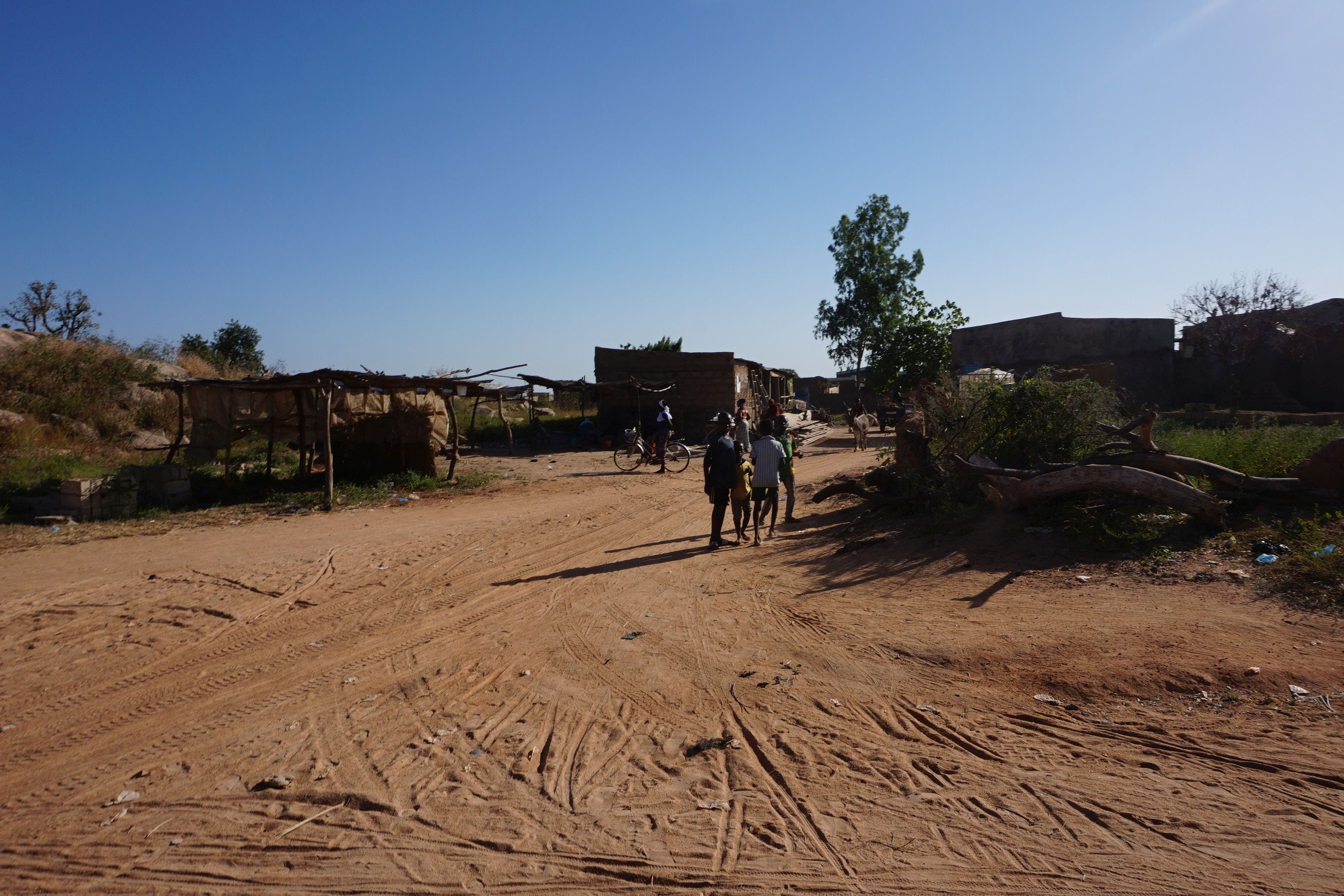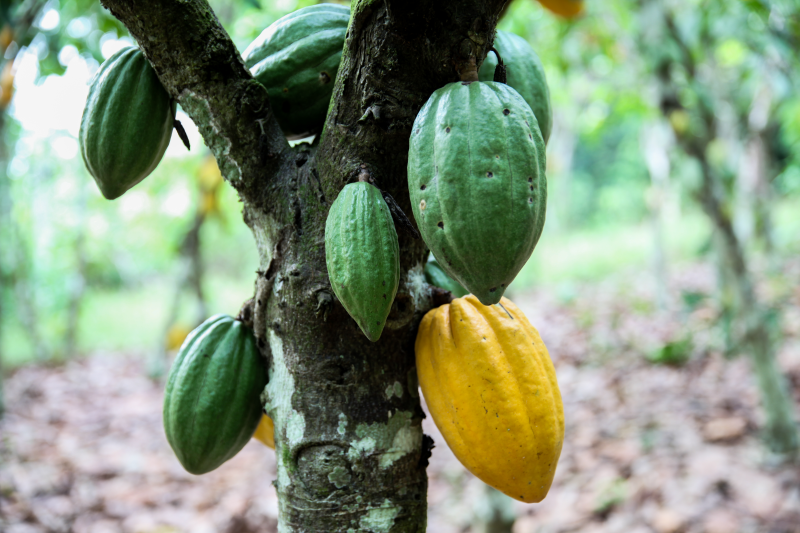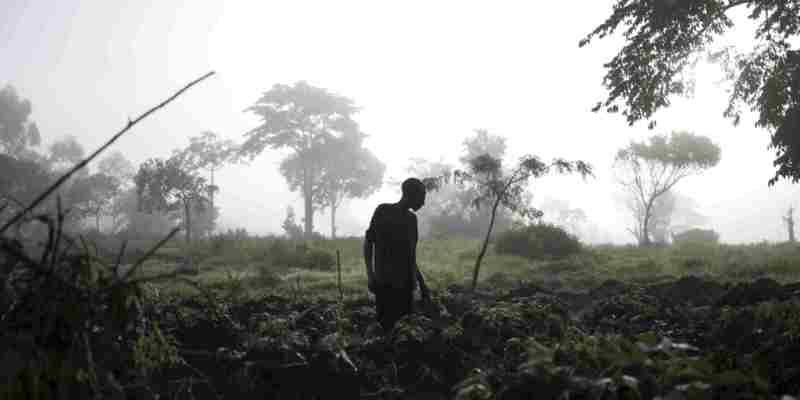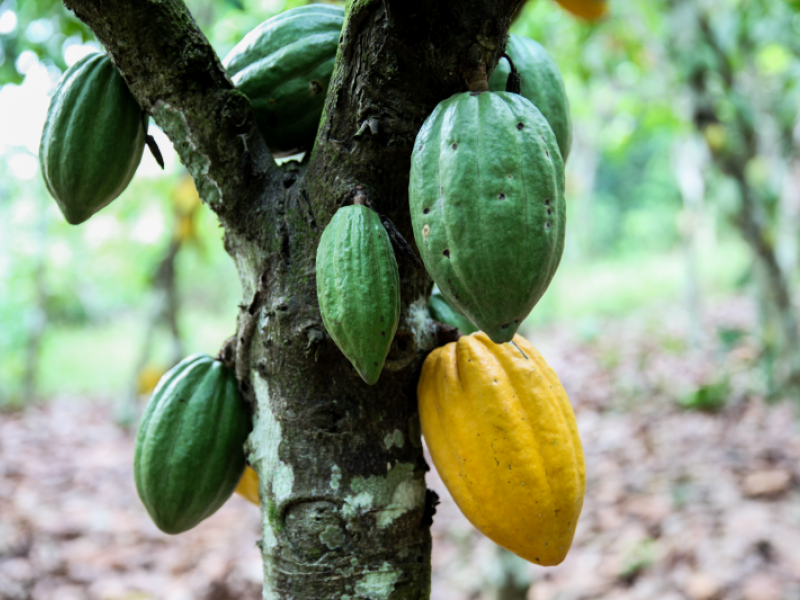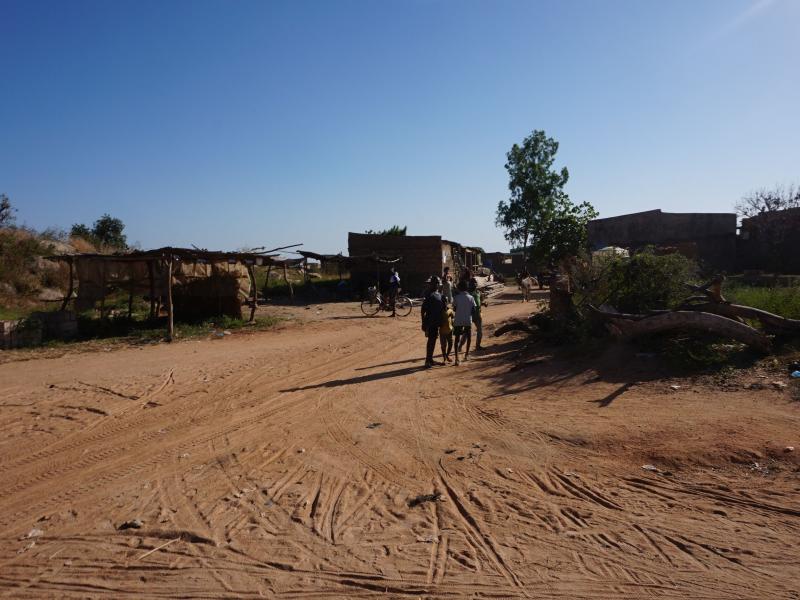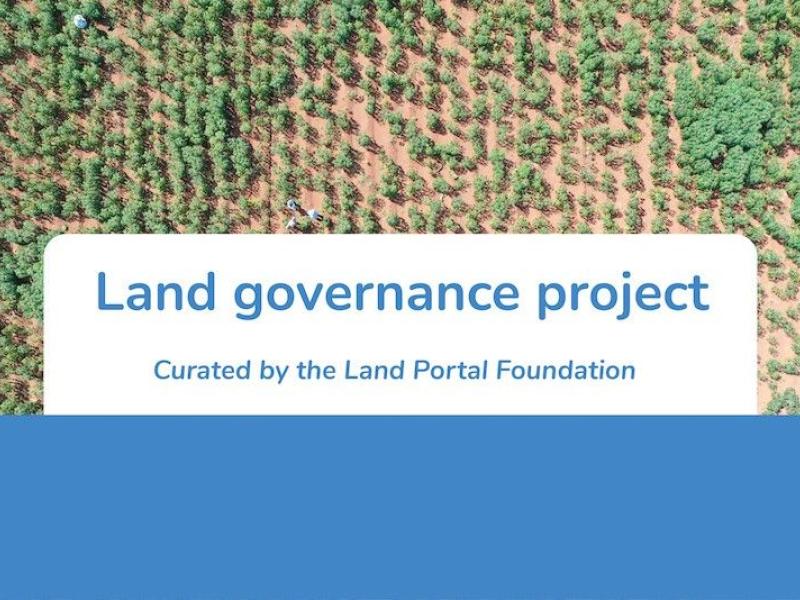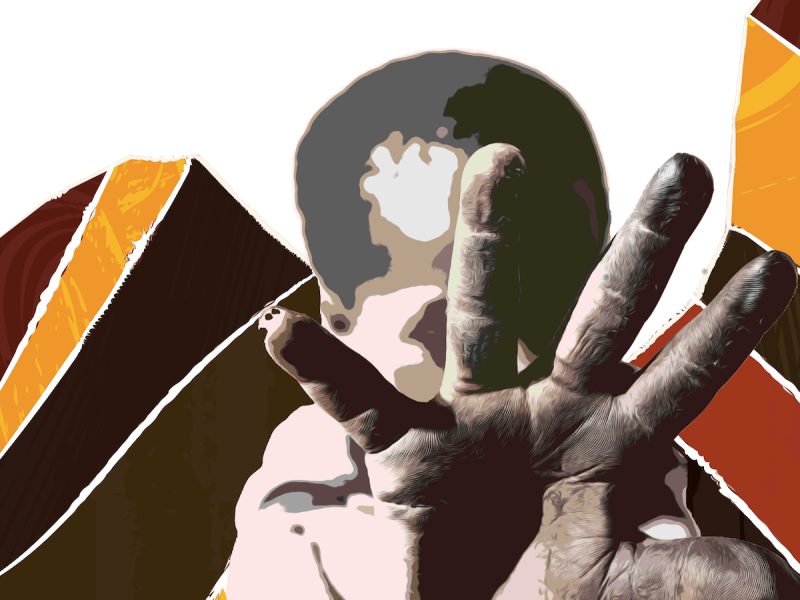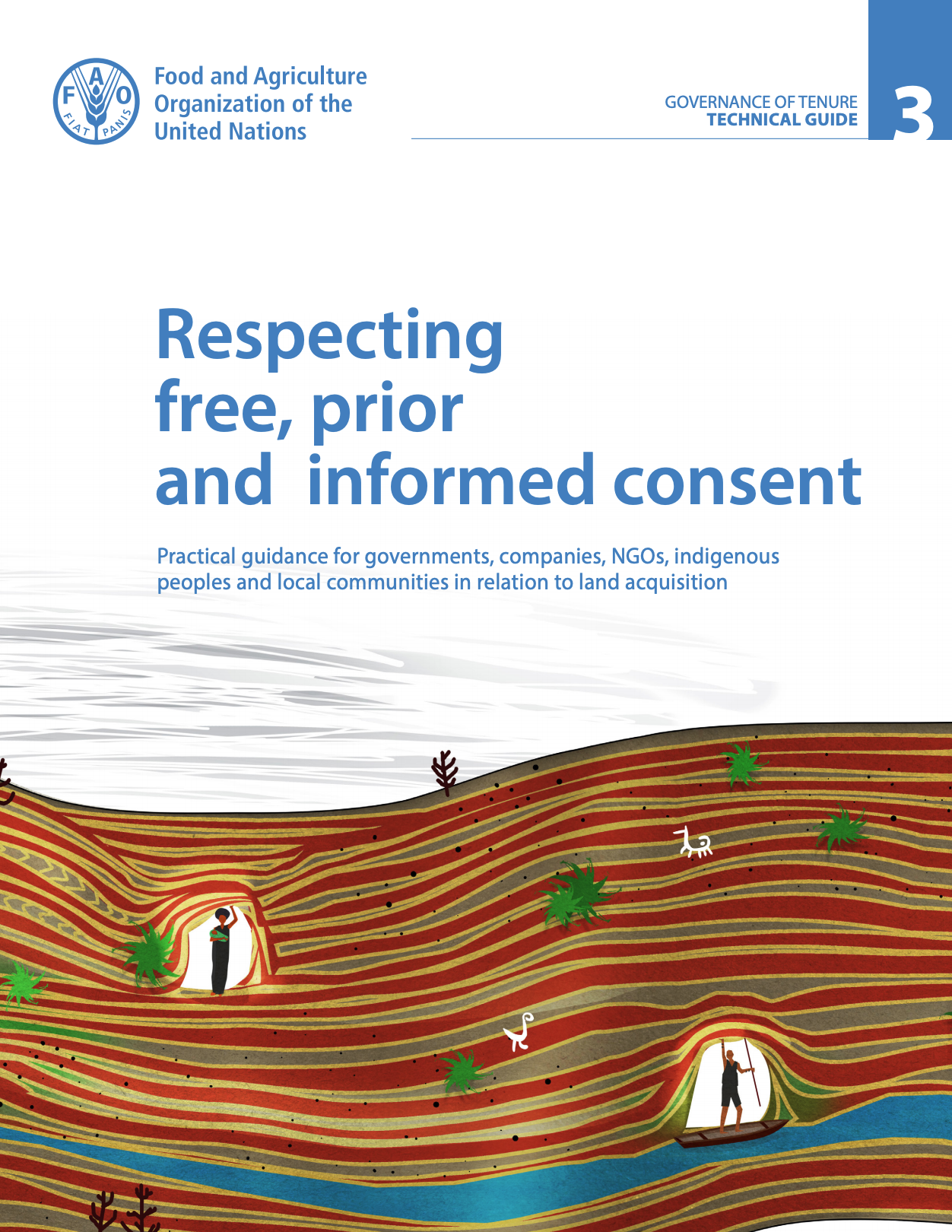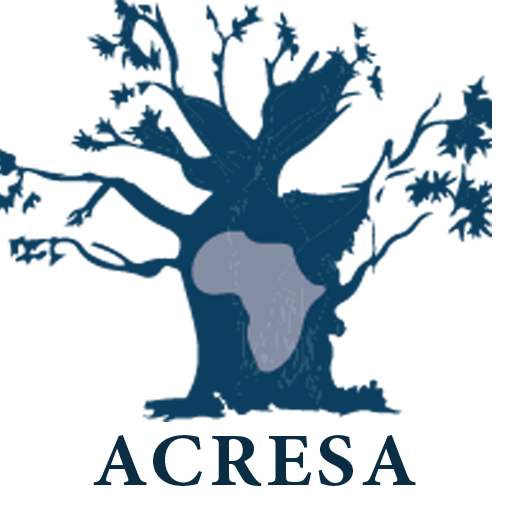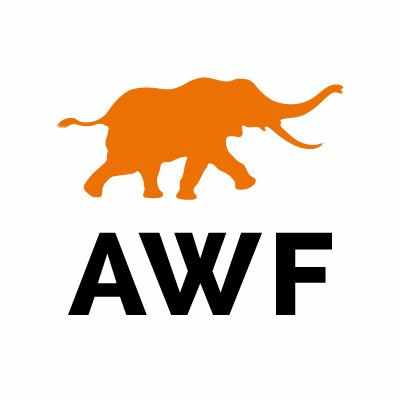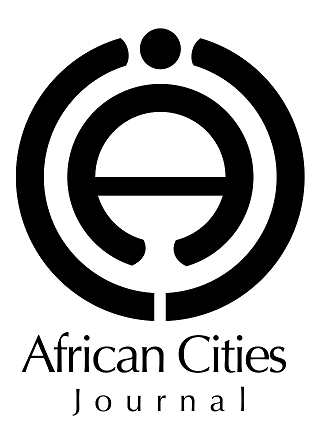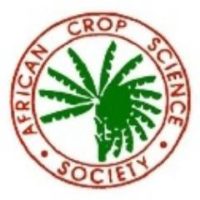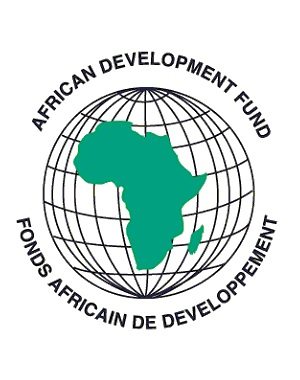África
NewsBrowse all
30 Marzo 2024
El precio del cacao se ha triplicado en apenas unos meses. ¿Por qué? ¿Significa esto que se reducirá la pobreza generalizada entre los productores de cacao?
El precio del cacao se ha disparado desde principios de año y cada día alcanza nuevos niveles récord. El martes (26.03.2024) incluso superó la…
29 Agosto 2022
Noticias ONU Cambio Climático, 29 de agosto de 2022 – La Semana del Clima de África 2022 comienza hoy en Libreville (Gabón) con la presencia de ministros de todo el continente para debatir sobre las amenazas y las oportunidades asociadas al cambio climático. Este evento de alto nivel, que se…
19 Enero 2022
SAN JOSÉ – Ministros de Agricultura de África y América Latina y el Caribe acordaron construir en conjunto una agenda de cooperación orientada a una mayor y mejor producción de alimentos, en una reunión virtual acogida desde esta capital por el Instituto Interamericano de Cooperación para la…
BlogsBrowse all
08 Mayo 2024
La Fundación Land Portal, en colaboración con Transparencia Internacional, organizó el seminario web titulado "Abriendo nuevos caminos: Perspectivas e historias sobre el impacto de la corrupción de la tierra en los grupos discriminados de África". El seminario web reunió a un grupo de distinguidos…
EventsBrowse all
Una conversación para compartir estrategias y empoderar a las mujeres en tierras colectivas.
*El panel se presentará en inglés y habrá interpretación simultánea en español y portugués.
Las mujeres de todo el mundo viven y trabajan en tierras que son propiedad colectiva de sus comunidades. Sin…
LibraryBrowse all




